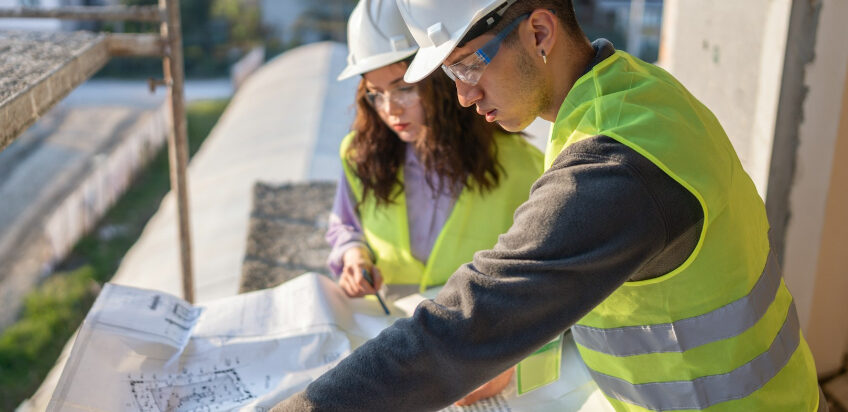New Jersey’s commitment to accessibility in construction is vital in ensuring that all individuals, regardless of their abilities, can access and utilize buildings and facilities. As the state continues to enhance its regulatory framework, it’s crucial for builders, architects, and property owners to stay informed about the latest developments in accessibility laws. This post delves into the current legal requirements, recent updates, and the implications of non-compliance in New Jersey’s construction sector.
Overview of Accessibility Laws in New Jersey
New Jersey adheres to the Americans with Disabilities Act (ADA) and has also enacted additional state-specific regulations that complement and sometimes exceed federal requirements. The state’s approach emphasizes creating environments that are accessible to people with a wide range of disabilities, including mobility, auditory, visual, and cognitive impairments.
Key components of New Jersey’s accessibility laws in construction include:
- New Jersey Barrier Free Subcode (N.J.A.C. 5:23-7): This set of regulations is part of the state’s Uniform Construction Code and specifically addresses accessibility for buildings and facilities. It outlines standards for public access and usability, including specifications for doorways, ramps, elevators, and restroom facilities.
- Compliance with the ADA: Beyond state regulations, New Jersey constructions must also comply with the ADA, which sets the minimum standards for accessibility in all areas of public life, including jobs, schools, transportation, and all public and private places that are open to the general public.
Recent Updates and Legal Implications
In recent years, there have been several updates to both state and federal accessibility laws that impact construction in New Jersey:
- Technological Integration: Modern accessibility standards now incorporate technological advancements. For example, buildings are increasingly required to include features like visual fire alarms and audio-visual communication devices to assist those with hearing or visual impairments.
- Increased Scrutiny of Public Accommodations: There has been a heightened focus on ensuring that public accommodations such as hotels, restaurants, and retail stores are fully accessible. This includes not only physical access but also website and digital accessibility.
- Updates to Existing Buildings: Recent legal updates require more stringent modifications to existing buildings to improve accessibility during significant renovations or when the building’s purpose changes.
Compliance Strategies
Ensuring compliance with accessibility laws is not only a legal requirement but also a moral and ethical obligation. Here are several strategies for ensuring compliance:
- Early Integration of Accessibility Features: Incorporating accessibility features at the design stage can reduce costs and complications. It is more effective and less expensive to include accessible design features during initial construction than to retrofit them later.
- Regular Audits and Assessments: Conducting regular audits of construction projects and existing facilities can help identify potential compliance issues before they become problematic. Hiring experts in ADA and N.J.A.C. 5:23-7 compliance can provide valuable insights.
- Training and Education: Keeping architects, builders, and property managers educated about the latest accessibility laws and best practices is crucial. Regular training sessions can help ensure that all team members are aware of their responsibilities under the law.
Legal Consequences of Non-Compliance
Failing to adhere to accessibility laws can lead to significant legal consequences, including:
- Litigation and Fines: Non-compliance can result in lawsuits, penalties, and fines from both state and federal governments. These can be costly and damage a company’s reputation.
- Mandated Retrofits: Courts can order that buildings be retrofitted to meet accessibility standards, which can be far more expensive than implementing those features during the original construction.
- Reputational Damage: Beyond legal ramifications, non-compliance can harm an organization’s reputation, affecting business operations and profitability.
Conclusion
As New Jersey continues to refine and enforce its accessibility laws, staying informed and proactive is paramount for those involved in the construction industry. By integrating accessibility features from the outset and adhering to both state and federal regulations, developers can avoid legal pitfalls and contribute to a more inclusive and accessible environment for all New Jersey residents. This commitment to accessibility not only fulfills legal obligations but also enhances the social fabric of the community.
